Pride Month Feature — From Taiwan, How Can We Read the UK Equality Act’s Gender Policy Ruling?
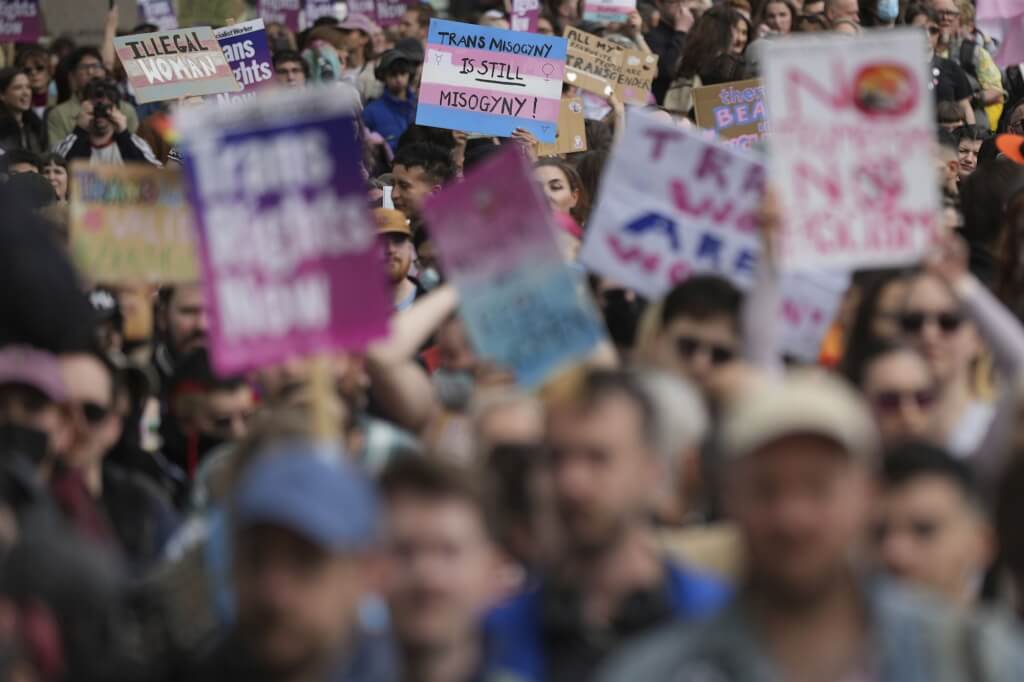
On April 16, 2025, the UK Supreme Court ruled that the term “woman” in the Equality Act 2010 refers only to individuals assigned female at birth — that is, “sex” means “biological sex” as determined by physical characteristics at birth. This means that even if a transgender woman has gone through the UK government’s legal gender recognition process and obtained a Gender Recognition Certificate (GRC), she will not be legally considered a “woman” under this law.
What Is the Equality Act 2010? Understanding Its Origins and Purpose
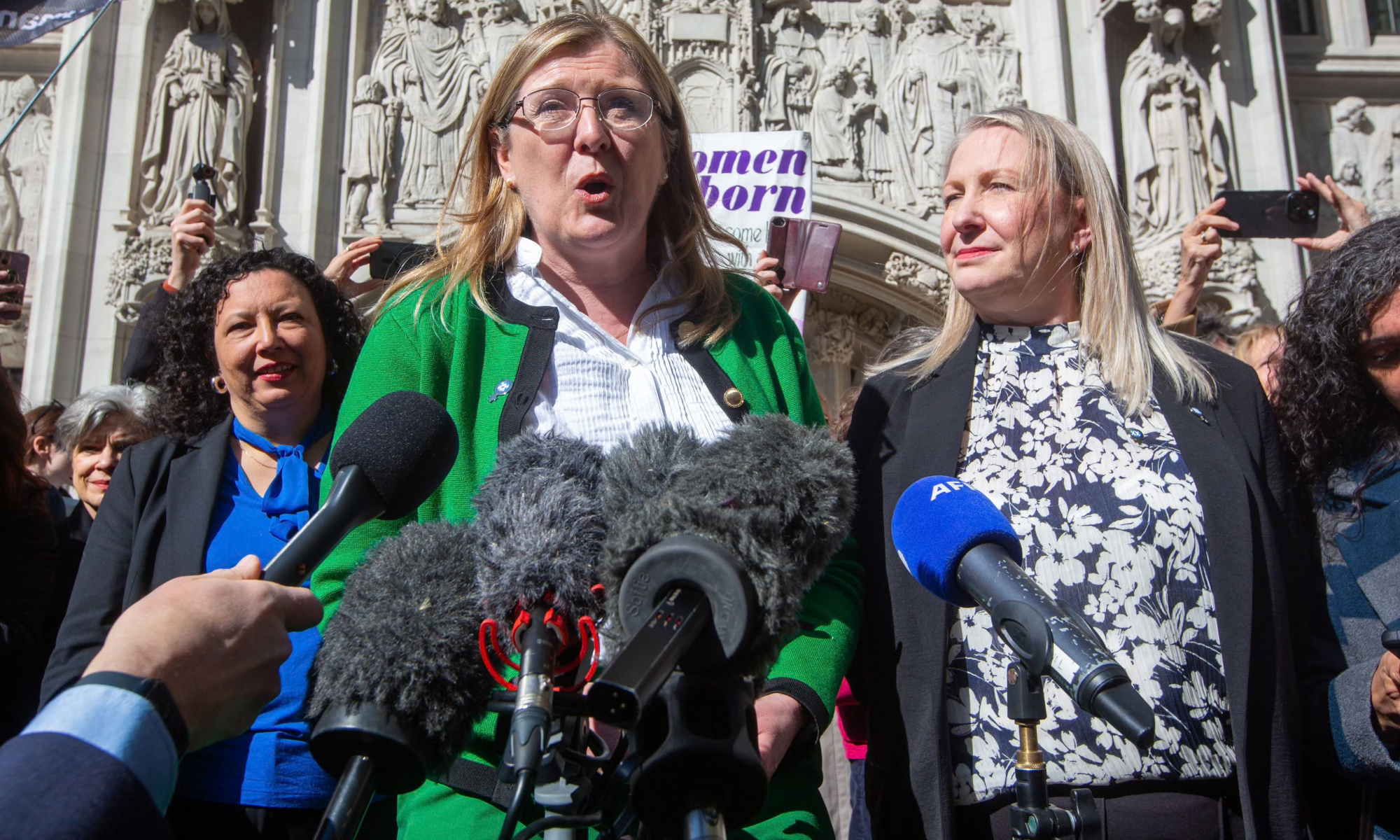
The Equality Act 2010 is the UK’s primary anti-discrimination legislation. It prohibits any entity from discriminating against individuals based on age, disability, gender reassignment, marriage or civil partnership, pregnancy and maternity, race, religion or belief, sex, and sexual orientation. The law applies to employment, education, public services, housing, associations, and more.
One key purpose of the Equality Act 2010 was to consolidate various previous laws into a single framework, providing comprehensive protection against discrimination. For example, the UK passed the Sex Discrimination Act in 1975, the Race Relations Act in 1967, and the Disability Discrimination Act in 1995. These laws each addressed specific identities or characteristics, but often overlapped and lacked cohesion. The Equality Act 2010 brings them together to provide a more unified and proactive approach to promoting equality.
Passed by the UK Parliament in 2010, the Act is among the highest-ranking pieces of legislation in the British legal system. It encourages public bodies to actively eliminate inequalities rather than merely respond to complaints, and provides a consistent standard for courts, employers, and government departments to follow.
What Happened? Implications and Consequences of the Ruling
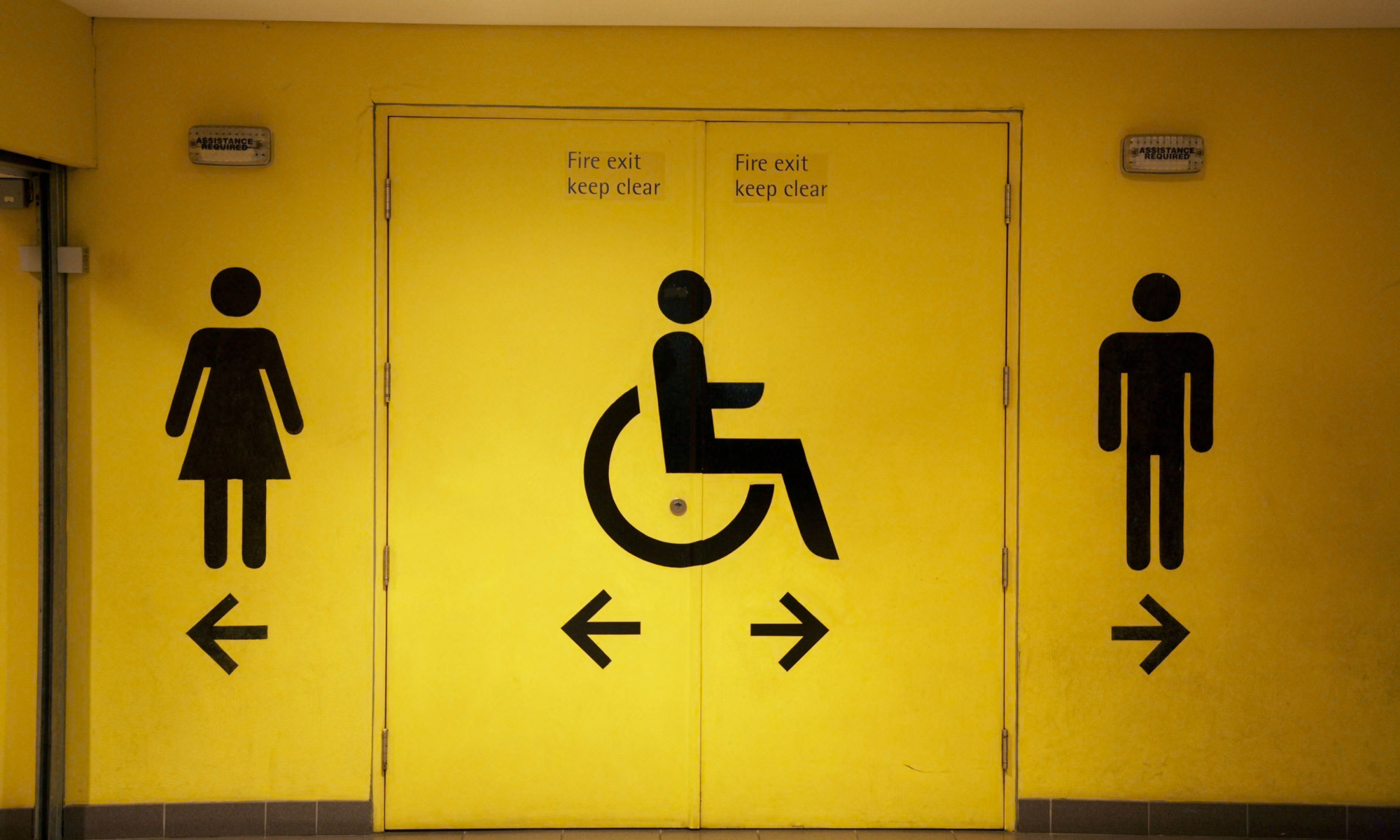
The 2025 ruling by the UK Supreme Court wasn’t a sudden shift, but part of a broader conservative backlash against gender rights, both in the UK and globally. The roots of the case trace back to Scotland’s 2018 Gender Representation on Public Boards Act, which aimed to ensure 50% female representation on public boards. The law defined “woman” to include transgender women with a GRC.
This sparked opposition from the women’s group For Women Scotland (FWS), which argued that the definition conflated biological sex with gender identity and could undermine sex-based protections. FWS launched a legal challenge in 2021, leading to years of court battles.
FWS is one of Scotland’s most prominent women’s groups and counts author J.K. Rowling among its most well-known supporters. They advocate that “sex is an immutable biological characteristic” and that the legal category of “woman” should only include those assigned female at birth. This stance narrows the definition of gender and imposes rigid criteria on what it means to be a woman, excluding transgender, intersex, and gender-diverse individuals from legal recognition.
Following the court ruling, government policies and practices are expected to change accordingly. On April 27, the UK Equality and Human Rights Commission (EHRC) released updated interim guidance, which included:
A transgender person with a GRC is still legally considered their birth sex under the law.
- Trans women are considered biologically male.
- Trans men are considered biologically female.
In practice, this means access to single-sex spaces like toilets and changing rooms will now be based on biological sex, undermining the identities of trans, intersex, and genderqueer people, and likely fueling greater discrimination and social exclusion.
How Are People Responding? Diverging Voices in Society
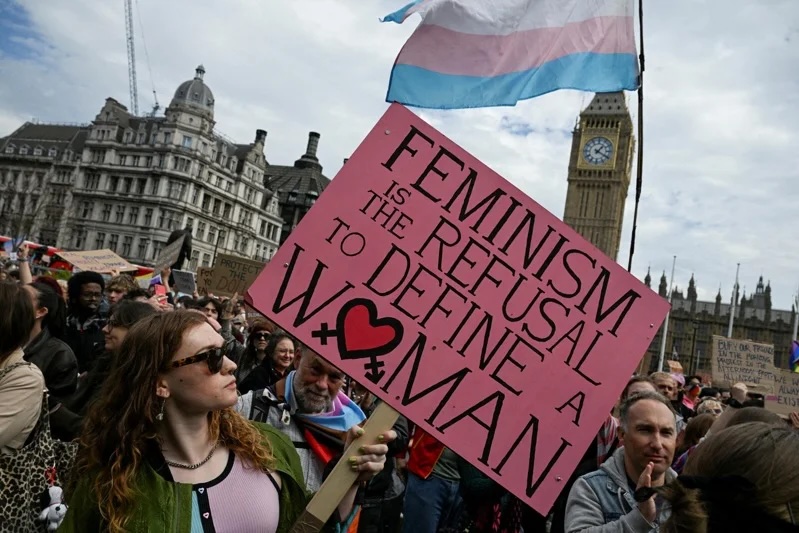
Since the new U.S. administration took office in 2025, global conservative forces have resurged. But this trend didn’t appear overnight — the UK ruling reveals that backlash has been building for years. At the Taiwan Equality Campaign, we’ve closely followed and engaged with international developments and recognise that conservative actors, from governments to corporations, have been quietly advancing anti-gender agendas across sectors.
However, we also see resilience. Civil society organisations that have long fought for equality remain active and determined. (Support TEC in monitoring global trends and responding strategically for gender justice in Taiwan.)
The UK’s largest LGBTQI+ rights group, Stonewall, responded to the ruling:
We are deeply concerned about the potential impact of this ruling. It could weaken the fundamental protections of trans people in public life and fuel discrimination.
The EHRC also opened a public consultation between May 20 and June 30, 2025, on its updated post-ruling guidance. UK-based trans advocacy groups like Mermaids, Scottish Trans, and TransActual launched guides and campaigns encouraging allies to submit feedback opposing the anti-trans direction of the EHRC’s policy. These efforts highlight the trans community’s swift and organised response, mobilising networks for action.
In the workplace, some companies have publicly stood with trans and non-binary employees. After the ruling, a director at Lloyds Bank — one of the UK’s largest commercial banks — shared a message in the company’s LGBTQI+ employee group:
Today, I want to send a message of solidarity to our transgender and non-binary colleagues. This is a deeply unsettling day. Please know that you are valued and celebrated. We remain committed to building an inclusive workplace. If you’re a manager, please be aware of how this ruling may affect your team and offer support. We’re here to listen and help.
Government policy shifts can prompt systemic changes across society, often affecting marginalised communities first. Yet, we also see that civil society groups can use their power to speak out and advocate for inclusive rights. We will continue monitoring how this ruling shapes UK society and global gender justice movements.
What Can We in Taiwan Learn and Do?
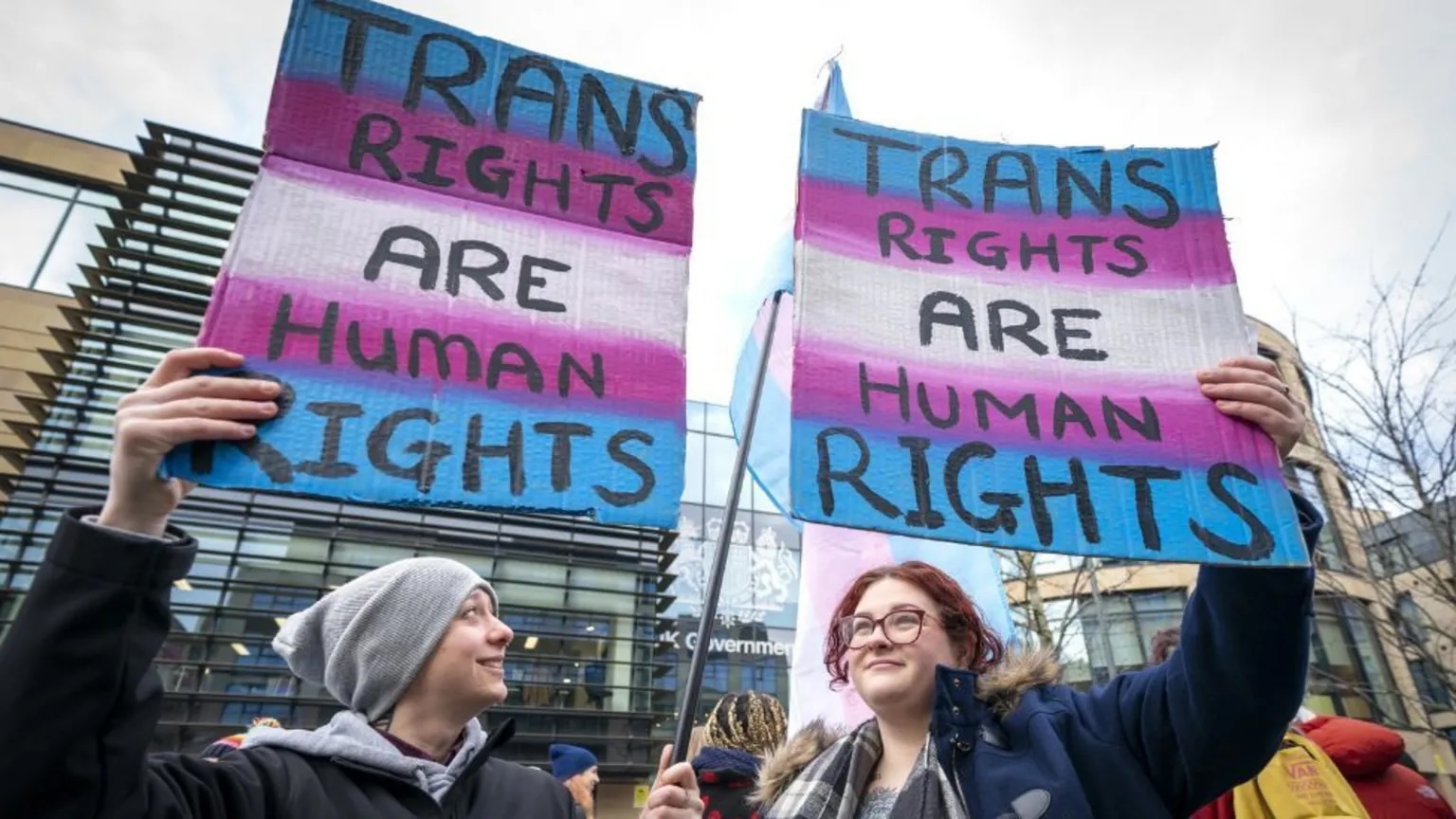
June is Pride Month — a time to reflect and connect across borders. At the Taiwan Equality Campaign, whether in our work on anti-discrimination legislation or broader LGBTQI+ human rights advocacy, we closely study domestic and international developments — and this UK ruling is one such case.
We observe that UK anti-gender conservative groups often use divisive and inflammatory language, stirring shared fears and traumas. But we must ask: must women’s rights and safety be built upon exclusion?
Transgender identities are real. Feminism and the defence of women’s rights do not — and should not — rest on rigid notions of biological sex. When marginalised communities are pitted against each other, we must question whether the real threat lies in limited resources or in a dominant system that divides and exploits us all.
In fighting for human rights, we hope to break out of binary thinking. We aim to create new narratives rooted in solidarity, not division — building inclusive spaces for all who seek equality and justice. (Support TEC’s push for anti-discrimination legislation in Taiwan — using law to build understanding of diversity.)
As Associate Research Fellow of Academia Sinica, Liu Wen, once pointed out:
Feminism was never about defending ‘biological women.’ It began as a critique of using gender difference as a basis for judging an individual or group’s value.
Gender-diverse communities are global communities. This Pride Month, TEC invites you to keep following the global state of gender issues — to celebrate progress and resist setbacks. Let’s support one another and stand together — for every unique voice that deserves to be heard.

